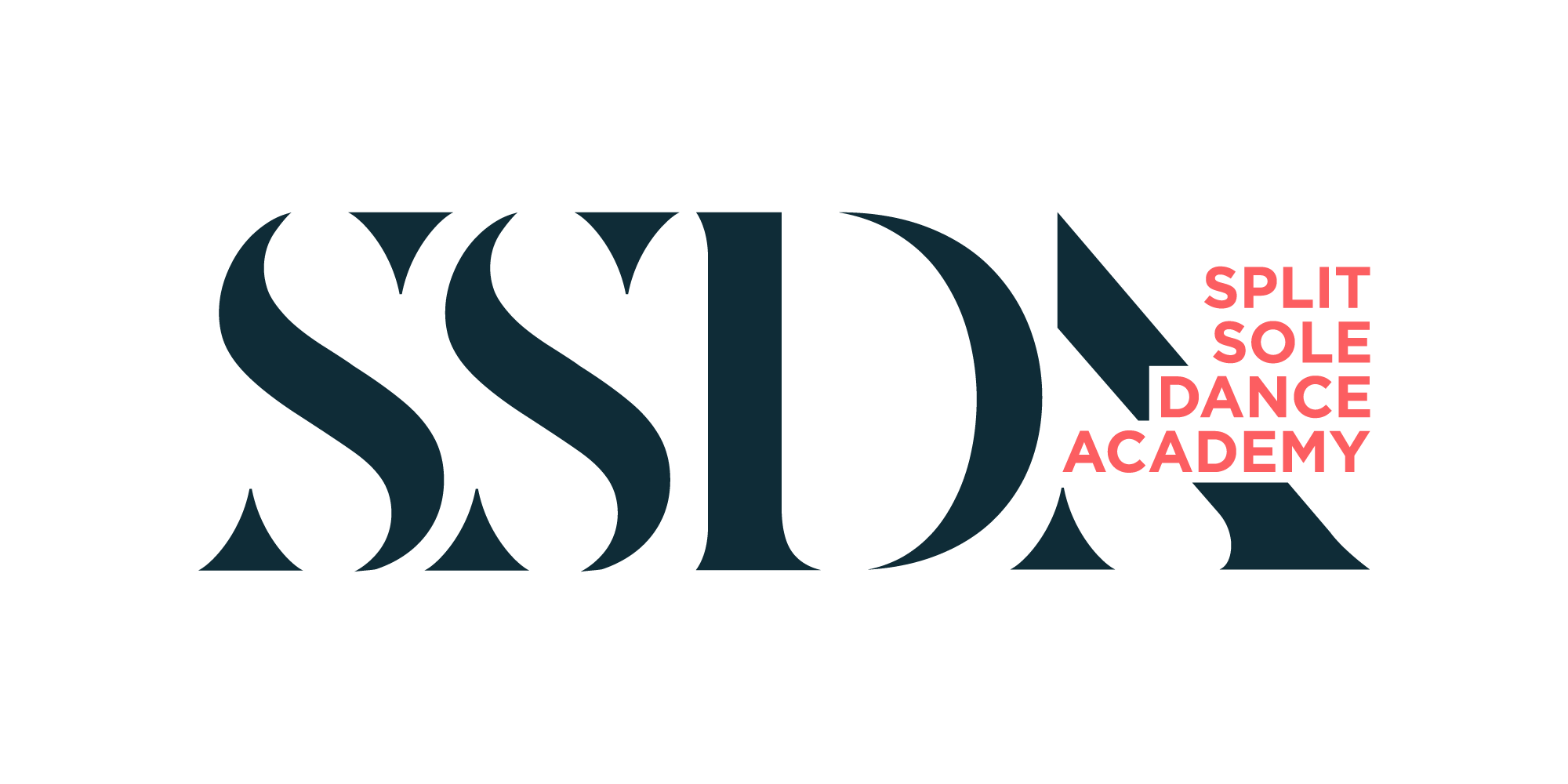Self-doubt is a constant problem for dancers, whether they are auditioning or already in a company position. It’s natural to have doubts about your capacity to “make it” in such a competitive and comparison-driven business.
However, it is possible to develop larger levels of confidence and self-assurance so that you can overcome those moments of uncertainty when they occur.
Consider when self-doubt shows up for you.
Doubt can easily seep in during auditions or casting scenarios. An outsider (generally) who does not know you is judging you against your peers. They have no idea about your work ethic, passion, or potential for success.
Return to your potential, your objectives, and your “why.” This one audition or part does not have to be the one that you land. My audition tip is always to cast a wide net since you never know where you’ll be accepted or hired.
If you arrive at an audition and begin to feel unworthy of being there despite your years of hard work, you may be suffering from imposter syndrome. Simply put, imposter syndrome is when you doubt your talents or feel like a fraud. Remind yourself of your efforts. You, like the dancer next to you, have every right to be in that room.
What to do if a friend receives something but you do not.
This will take place. If you have this experience and are auditioning for summer intensives, you should use the same logic. Not every company or school will recognise your potential. They each search for various characteristics and movement traits, and you won’t be for everyone. Be glad for your friends when opportunities present themselves and know that your next best step is on its way as well.
Get comfortable with uncertainty.
Accepting that there are many things in life over which we have no control is essential for moving forward more productively. Things can be more balanced if you choose to focus on the things you can control, such as how you choose to show up, your reactions, and how you support and treat yourself and the people around you.
You likely rely on soothing habits or patterns when you’re afraid or uncertain.
Begin by practising acknowledging and sitting with more difficult feelings or experiences.
“Normally, we are carried away by habitual momentum. We don’t even dabble with our patterns. However, with practice, we learn to live with a broken heart, a nameless fear, and a yearning for vengeance. Sticking with uncertainty teaches us to relax amid chaos, to remain calm when the ground beneath us suddenly evaporates.”
Sit with your self-doubt and consider where it is coming from. Being present with your emotions is critical if you want to work through them. Seek help when necessary, but also cultivate the ability to sit in discomfort.
Assess your self-talk.
You almost certainly indulge in negative self-talk at some time during the day. This sceptical voice can creep in and bring even the most optimistic person down. Negative self-talk and self-doubt are inextricably linked. They feed off of one another.
If you want to achieve great things, you must first master your mind. Simply put, the concepts that enter your mind have a MASSIVE impact on how you perform.
Commit to working through the fear.
Self-doubt is a survival mechanism. You might doubt your ability or focus on what could go wrong to protect yourself from rejection or putting yourself out there. Moving through fear and doubt to pursue your goals and objectives in dance is a daily discipline.
Next time you’re doubting yourself or holding yourself back from taking the next step in your journey, ask yourself that question. You might get rejected. That just means it’s not the right place for you. Commit to going out again and finding a place to dance.
